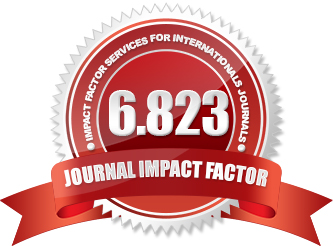Teaching English for Specific Purposes
DOI:
https://doi.org/10.51699/pjcle.v3i3.666Abstract
The subject of teaching English for Specific Purposes demands particular attention because it is seen as a crucial component of English as a Foreign Language. The field of ESP is established at the boundary between scientific disciplines, at the interface of particular academic learning and linguistic proficiency, from a methodological standpoint as well as in terms of its deliberateness. The goal of the language education process in ESP is to give students the linguistic skills necessary to succeed in the job market and a particular working environment. Strevens (1988) claims that ESP is "designed to meet specified needs of learners; related to content, to particular disciplines, occupations and activities; and centered on the language appropriate to those activities, in syntax, lexis, discourse, semantics" (Strevens, 1988, p. 84). Richards & Schmidt (2010) define Languages for Specific Purposes as languages "used for particular and restricted types of communication (e.g. for medical reports, scientific writing, air-traffic control) and which contain lexical, grammatical, and other linguistic features which are different from ordinary language" (2010: 295). Richards & Schmidt also add that "the content and aims of the ESP course are fixed by the specific needs of a particular group of learners" (2010: 181). ESP needs to be defined in relation to "a large number of separate activities defined according to a subject or a profession or job" (McDonough, 1999: 105). According to Mohan (1986: 15), ESP aims to prepare students "for chosen communicative environments" in which English "is used for a limited range of communicative events". In this sense, "the content and aims... are fixed by the specific needs of a particular group of learners" (Richards & Schmidt, 2010).





